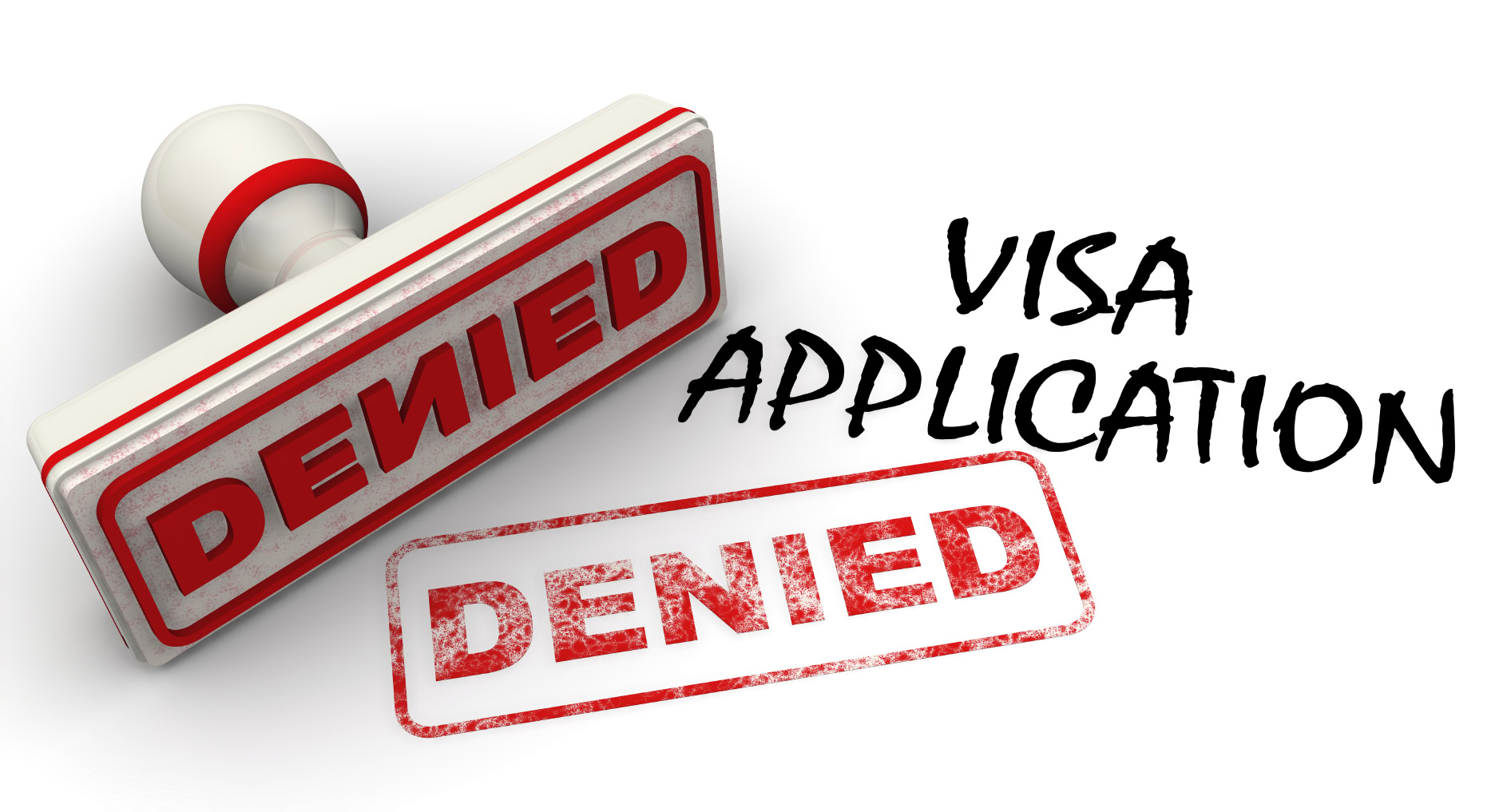What is Procedural Fairness?
Procedural Fairness is a broad concept and is one that is difficult to describe comprehensively. It has to do with the manner in which a decision is made on your application and whether or not an immigration officer took all the appropriate steps to arrive at this decision. In some cases, you may be able to appeal a negative decision on a matter if you argue that Procedural Fairness was not upheld.
Some of the main concepts of procedural fairness are:
- Communicating adequately and Accurately with Applicants: Officers are required to provide adequate notice regarding the process or an interview that will lead to a decision on a matter. Further, officers need to accurately describe documentation they may require to address a concern.
- Processing without Undue Delay: Officers are expected to demonstrate diligence in processing applications. Visa offices must not appear to frustrate processing through unacceptable delays. Plainly speaking, a delay that cannot be justified is a breach of procedural fairness.
- Applicants Must Have the Opportunity to Address an Officer’s Concerns: Applicants must be allowed to provide evidence and to make an argument while officers must consider all evidence and record their decision making process as well as why they may not consider certain evidence that has been submitted. Further, if an officer makes a decision on outside evidence, or evidence that has not been provided by the applicant, the applicant must be made aware of this evidence and be provided the opportunity to address these concerns.
- Decisions must be based on the Immigration and Refugee Protection Act and Regulations: This means that an officer must make a decision based on the law and must cite the appropriate sections that they may have used to make their decision. This information should also be provided to the applicant in writing.
- Discretion: Some laws provide an officer complete authority when making a decision. This can work either for or against an applicant depending on the officer’s discretion however it needs to be plain to an applicant that an officer has exercised this right. Though an officer may seek advice from colleagues or superiors, their decision must be their own. If an officer’s decision is the result of direction by a superior, headquarters or manuals; they violate two principles. One, that “whoever hears must decide” meaning that they are assessing the case and must make their own decision based on their own analysis and two, that all applicants must have the ability to address decision makers of their concerns.
These are the most predominant concepts that a decision make must keep in mind when determining the outcome of your case. If you feel that Procedural Fairness was not upheld on your matter, a good place to start would be to request the CAIPS notes on your file. CAIPS notes (Computer Assisted Immigration Processing System) should outline an officer’s decision making process and would be an indicator whether or not the considered procedural fairness when making a decision.
Latest Immigrations News

July 6, 2025
Banned from Canada? Not Anymore!
Most people think that a criminal record shuts the door on Canada for good. But that’s simply not true. Yes, it can complicate things. Yes, border agents can (and often do) turn people away. But no, it’s not the end of the road. If you’ve served your [...]

June 30, 2025
Your Shortcut to Business in Canada: C11 Work Permit
Thinking about launching your business in Canada? Maybe you’ve spotted a gap in the market, or you’re just ready to expand your entrepreneurial journey to one of the most dynamic economies in the world. If that’s you, there’s good news: you don’t need a Canadian employer or [...]

June 24, 2025
Why Canada Visitor Visas Keep Getting Refused And How to Get Approved
Applying for a visitor visa to Canada sounds straightforward on paper. Fill out a few forms, gather your documents, pay the fee, and you’re good to go, right? Unfortunately, that’s rarely how it plays out. Refusals are far more common than most applicants expect. And if you’ve [...]

Book a Conslutation
One of our Representatives will
assist you with your matter. Book Now!
Click here

Call us for
more Information
+1-416-477-2545
Toll Free: 1-877-820-7121
Click here

Write Us (Online Form)
Complete our form and one of our
Representatives will contact you.
Click here
Subscribe To Our Newsletter

